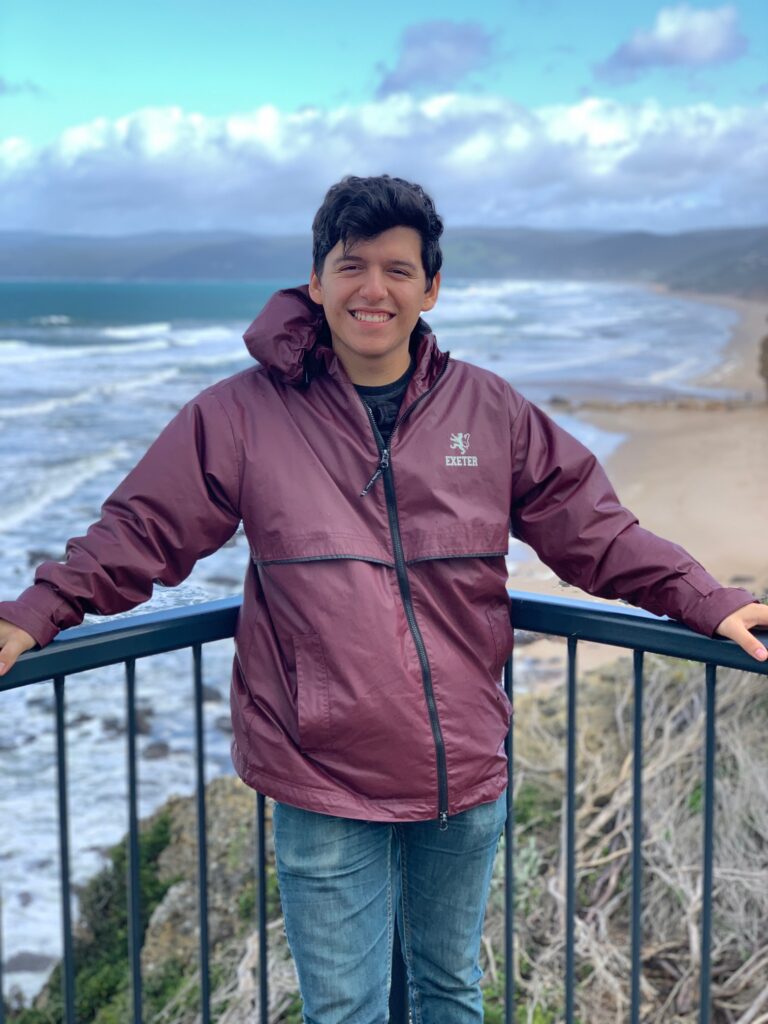Meet the intern: Raul Galvan

My name is Raul Galvan, and I am a rising senior at Davidson College. I’m pursuing an environmental studies major with a social science specialization and a theatre minor. I am from just outside Chicago, and I am a Mexican first-generation student lucky enough to attend Davidson on a full scholarship.
Davidson’s liberal arts style of teaching lets me learn and think about my favorite topics under a variety of different disciplines. One of my favorite classes has been Environmental Humanities, because it taught me to not only think about environmentalism in terms of science or politics, but also history, literature, and philosophy. Outside of class I love to act and debate, and my hobbies are a bit old-fashioned, including birdwatching, woodcarving, and gardening.
I’ve always loved nature, but I never connected it with a career option until my sophomore year of college. Since then, environmental studies (and especially climate change) have been my passion. What started as an interest in natural science has evolved into a fascination with the social and cultural side of sustainability solutions. Knowing that most of my studies were theoretical, the Sustainability Scholars program at Davidson seemed like the best way to ground my knowledge in real-world, practical applications. I’m thrilled to have been paired with Sustain Charlotte because they are doing the kind of people-oriented, culture-changing work that I think is critical to solving our environmental issues.
COVID-19 has, of course, affected many of our summer plans, and I am lucky enough that Sustain Charlotte found a way for me to continue my internship remotely. Through my internship at Sustain Charlotte, I was tasked with developing a Transportation Asset Map for three main corridors of the Charlotte Crescent. Using UrbanFootprint, I worked with community representatives to map out all relevant transportation data, including bicycle, pedestrian, bus, etc., and overlaid that data with analysis layers like proximity to different services. I had an excellent time learning the software and developing the different maps. I learned a lot about GIS and utilizing feedback effectively.
I learned that government can be effective at getting progressive things done as long as it’s supported by an engaged community and thoughtful organizations pushing them in the right direction. I learned how important thoroughly engaging with the community is to any project. Doing your best to listen to their feedback and concerns is the best way to ensure that the end product is effective and usable by the intended community.
Thanks for reading!
As a nonprofit, community support is essential for us to keep doing what we do — including providing free articles like this. If you found this article helpful, please consider supporting Sustain Charlotte.
Want to stay in the loop? Subscribe to our weekly newsletter and follow us on Instagram, Facebook, and Twitter.
